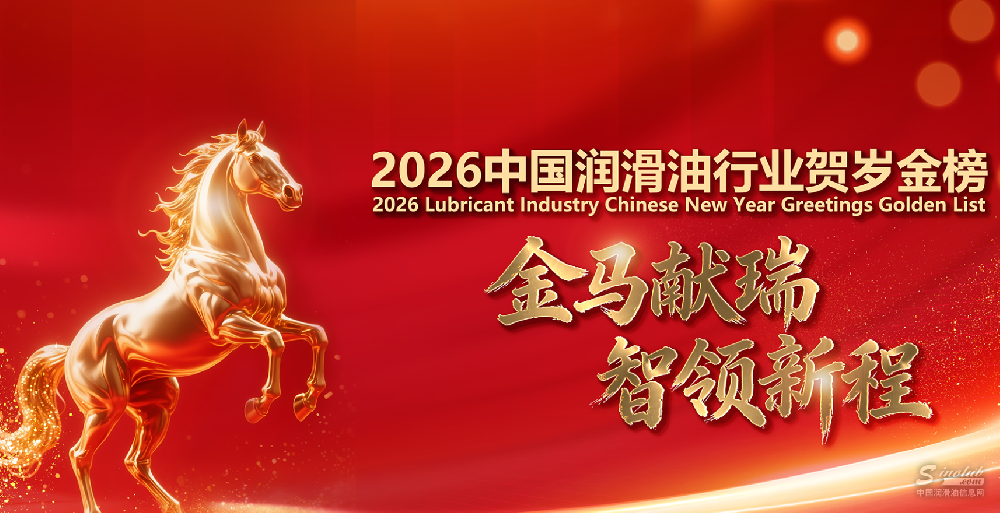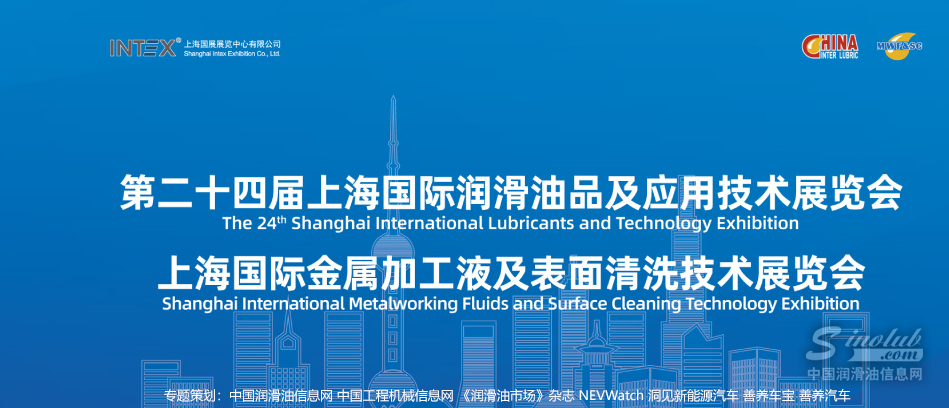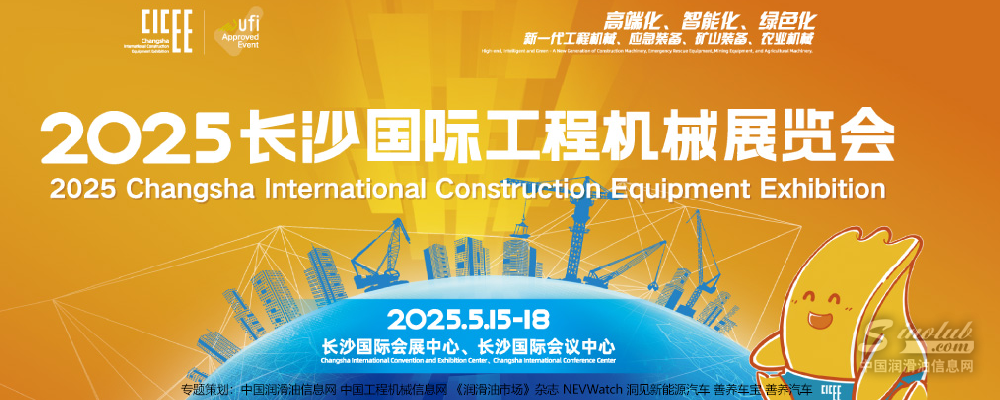美国西南研究院 (SwRI) 发布了关于氢燃料内燃机 (H 2 -ICE) 润滑油耐久性的新发现。该研究于 2024 年 5 月在美国明尼苏达州明尼阿波利斯举行的第 78 届 STLE 年会和展览会上发表,探讨了氢燃烧对润滑油性能和寿命的影响。

SwRI 启动了氢内燃机 (H 2 -ICE) 联合工业计划 (JIP),以开发和展示氢动力发动机在重型应用方面的可行性。SwRI 已成功将康明斯 X15N 发动机改装为氢动力发动机,并将其安装在 8 级重型车辆上,展示了其实现近零温室气体 (GHG) 排放和超低氮氧化物 (NOx) 和颗粒物排放的潜力。
研究结果
润滑剂相互作用:研究强调,氢发动机的火焰熄灭距离更小,火焰穿透气缸壁边界层更深。这会导致润滑剂氧化和相关排放增加。
燃烧副产物:研究解决了水进入润滑剂和可能形成腐蚀性硝酸的担忧。然而,研究发现润滑剂中水的积累量极小,推翻了氢发动机产生过多水的谣言。
耐久性测试:该研究在经过改装的戴姆勒 DD15 发动机上进行,测试周期为 350 小时。结果表明,润滑油性能保持稳定,粘度、总酸值 (TAN) 和总碱值 (TBN) 变化很小。
技术见解
发动机改装:采用定制喷油器、分体式排气歧管设计和抽吸式吹扫系统来优化性能和安全性。
爆震和预点火:对发动机的爆震和预点火进行严密监控,并多次因预点火而出现自动关闭的情况。
结果一致性:与预期一致,润滑剂并未出现明显的性能下降。
未来方向
虽然该研究证实了氢发动机中润滑剂在稳定状态、温暖条件下的耐久性,但仍需要进一步研究以了解润滑剂在低温和冷启动情况下的行为。
结论
SwRI 的研究代表着朝着将氢气作为内燃机可行燃料迈出了重要一步。通过解决与润滑油性能相关的关键挑战,这项研究支持在重型运输中更广泛地采用氢技术,为更清洁、更可持续的能源未来做出贡献。
SwRI unveils promising findings on lubricant durability in hydrogen engines
Southwest Research Institute (SwRI) has released new findings on the durability of lubricants in hydrogen-fueled internal combustion engines (H2-ICE). Presented at the 78th STLE Annual Meeting & Exhibition in Minneapolis, Minnesota, U.S.A. in May 2024, the study explores the impact of hydrogen combustion on lubricant performance and longevity.
SwRI launched the Hydrogen Internal Combustion Engine (H2-ICE) Joint Industry Program (JIP) to develop and demonstrate the feasibility of hydrogen-powered engines for heavy-duty applications. SwRI has successfully converted a Cummins X15N engine to run on hydrogen and retrofitted it in a Class 8 heavy-duty vehicle, showcasing its potential to achieve near-zero greenhouse gas (GHG) emissions and ultra-low emissions of nitrogen oxides (NOx) and particulate matter.
Study findings
Lubricant Interaction: The research highlighted that hydrogen engines have a much smaller flame quench distance and deeper flame penetration into the boundary layer of the cylinder walls. This can lead to increased lubricant oxidation and associated emissions.
Combustion Byproducts: Concerns about water ingress into lubricants and the potential formation of corrosive nitric acid were addressed. However, the study found minimal water accumulation in lubricants, debunking myths about excessive water production in hydrogen engines.
Durability Testing: Conducted on a modified Daimler DD15 engine, the study involved a 350-hour test cycle. The results showed that lubricant performance remained stable, with minimal changes in viscosity, Total Acid Number (TAN), and Total Base Number (TBN).
Technical insights
Engine Modifications: Custom injectors, a split exhaust manifold design, and a draw-through blow-by suction system were used to optimise performance and safety.
Knock and Pre-Ignition: The engine was closely monitored for knock and pre-ignition, with several instances of automated shutdowns due to pre-ignition.
Consistency in Results: Despite expectations, the lubricants showed no significant degradation.
Future directions
While the study confirmed the durability of lubricants in hydrogen engines under steady-state, warm conditions, further research is needed to understand lubricant behavior under low-temperature and cold-start scenarios.
Conclusion
SwRI’s research represents a significant step toward integrating hydrogen as a viable fuel for internal combustion engines. By addressing key challenges related to lubricant performance, this study supports the broader adoption of hydrogen technology in heavy-duty transportation, contributing to a cleaner and more sustainable energy future.
To read the full version of this article, check out the digital edition of the Q3 2024 issue of F+L Magazine.








发表评论
最新评论